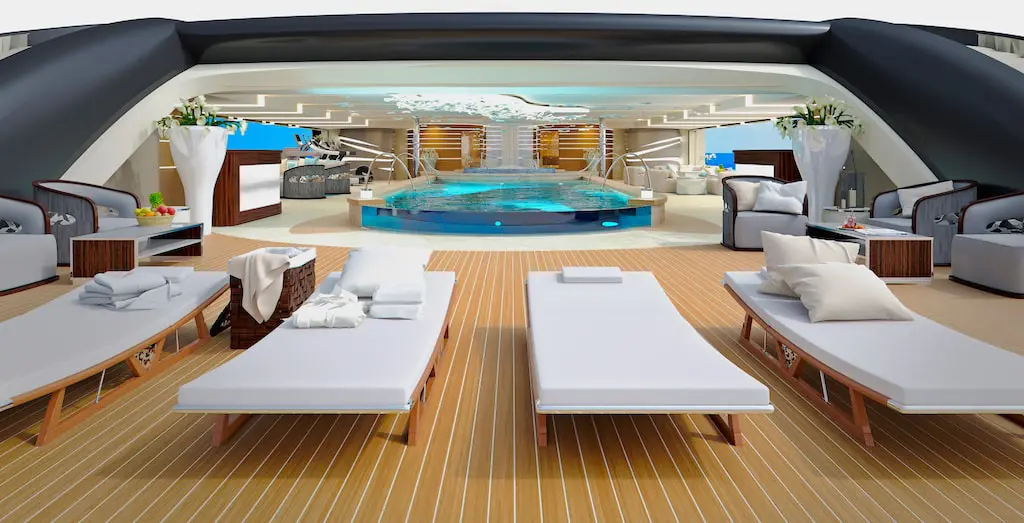
Safeguarding privacy onboard superyachts
The rising popularity of luxury vessels has ignited a competitive race in the security realm, and safeguarding privacy onboard superyachts is a critical concern. At Priavo Security, we delve into the methods available to superyacht owners for protecting their vessels from prying eyes, utilizing techniques such as TSCM, drone detection, and crew vetting.
Superyachts epitomize opulence, power, and status, providing the wealthy with a coveted haven and multiple layers of security to shield them from unwanted intrusions. One of their most crucial appeals is the unparalleled level of privacy they offer—a realm beyond the reach of any country’s jurisdiction and highly resistant to surveillance. Even discerning the actual owners of these yachts can prove challenging, as they are often acquired through offshore companies on behalf of billionaire individuals, granting an additional shield of privacy.
However, in the aftermath of the Ukraine conflict, the superyacht industry and its intricate ownership structures faced heightened scrutiny. Western nations began seeking to seize yachts owned by wealthy Russians with ties to the Kremlin, leading to increased attention on privacy concerns. It is our duty at Priavo Security to meticulously screen for any conceivable threats and potential breaches of privacy onboard these vessels. Our tasks range from sweeping charter yachts for surveillance devices to deterring paparazzi drones and conducting thorough background checks on crew members.
During Technical Surveillance Countermeasures (TSCM) operations, we meticulously scan vessels for any devices or digital intrusions that could compromise or jeopardize the privacy of those onboard. There are three critical junctures when a yacht should undergo such forensic examinations: after a charter, following a refit, or after a sale. The pursuit of illicit intelligence poses a constant threat, which can extend beyond privacy violations to financial gain or reputational damage.
Likewise, the dangers posed by drones, both in terms of security and privacy, are evident. An increasing number of clients are seeking to fortify their vessels with anti-drone technology. Detection systems can identify commercial drones operating within an eight-mile radius, providing GPS positions of the incoming drones and the pilots, as well as accurate indications of their heading and speed. Security systems can then establish an electronic “exclusion zone” around the yacht, effectively blocking any unwelcome aerial visitors.
When constructing a vessel, it is advisable to consider security and privacy requirements from the outset. By acknowledging a yacht’s vulnerability early on, security measures can be seamlessly integrated into the overall design. However, the risks aren’t confined to the vessels themselves; often, the human element poses the greatest threat onboard. Comprehensive background checks and the implementation of non-disclosure agreements (NDAs) are imperative for the crew members to ensure authenticity. From disgruntled employees to individuals prone to oversharing on social media, understanding the insider threat necessitates robust vetting procedures.
For many yacht owners, their vessel represents a cherished sanctuary, offering respite from the glare of daily life. In such cases, the idea of a visible security presence may not always be desirable. Yachts should be regarded as integral components of a broader security ecosystem, encompassing residences, offices, vehicles, planes, and more. Further to this, there is no universal “one-size-fits-all” solution Every individual client or vessel should facilitate its own risk tolerance, and a security solution should be developed that is bespoke to their requirements.
To learn more about our services, please contact us at enquires@priavosecurity.com and schedule a consultation with one of our experts. Safeguard your privacy and protect your superyacht with Priavo Security.
